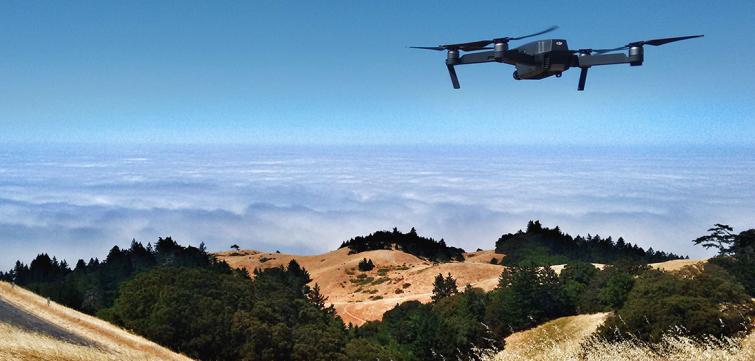
Digital tools being used to track people as never before, warns UN rights chief
New York/IBNS: The internet and new digital tools are being manipulated as never before to infringe on people’s right to free assembly, the UN’s top rights official said on Thursday, in a call for a moratorium on the use of facial recognition technology during peaceful demonstrations.
Amid global protests against systemic racism, corruption and economic woes exacerbated by the COVID-19 crisis, High Commissioner for Human Rights Michelle Bachelet also expressed concern about the use of non-lethal weapons against demonstrators.
These emerging devices include pepper ball launchers, acoustic weapons and drones and other “autonomous systems” that release tear gas, Ms. Bachelet’s Office, OHCHR, said in a report, mandated by the UN Human Rights Council.
The High Commissioner urged States and businesses to ensure that these and other fast-developing technologies are developed and used in ways that do not disrupt and prevent people’s participation in public affairs.
“New technologies can be used to mobilize and organize peaceful protests, form networks and coalitions…thus driving social change”, Ms. Bachelet said, a former two-term president of her native Chile. “But, as we have seen, they can be – and are being – used to restrict and infringe on protesters’ rights, to surveil and track them, and invade their privacy.”
Training call
In a call for mandatory training for law-enforcement personnel on the use of crowd control weapons - and accountability for rights violations related to their misuse - the High Commissioner explained that they “can kill if …improperly used, whether deliberately or accidentally”.
According to OHCHR protests took place in some 80 countries around the world in 2019, with many grievances at the core of the 2030 Agenda for Sustainable Development.
This year, people in thousands of cities worldwide took to the streets in the wake of the death in the U.S. of George Floyd, whose death on 25 May in Minneapolis was captured on video, while a police officer knelt on his neck for over eight minutes.
More facial recognition
In a worrying development, more States are increasingly using facial recognition technology to identify protesters, “sometimes in real time”, said OHCHR’s Peggy Hicks, Director of Thematic Engagement.
This was despite the fact that the technology was allegedly “prone to errors”, she continued, urging its proportionate use.
“That means in this context that misidentification could lead to wrongful arrest for example, or prosecution. These risks we know are substantially greater for women and people of colour, raising the likelihood that facial recognition technology may perpetuate and amplify discrimination.”
Calls blocked, accounts hacked
It was also deeply concerning that protesters faced having their cell phone calls intercepted or blocked by “many” police forces, or their social media accounts hacked and systematically monitored.
“Too often authorities have viewed peaceful assemblies as something that needs to be controlled or managed, rather than as critical vehicles for public participation in democracy”, Ms. Hicks told journalists via video conference in Geneva.
Among its recommendations, the OHCHR report urged States to avoid resorting to internet shutdowns, which happened during at least 65 protests in 2019.
Addressing the fact that only around half of the world’s people have access to the internet today, Ms. Bachelet also insisted that it was “crucial” that States ensure secure and affordable online access for everyone.
“Given the importance of the enjoyment of the right of peaceful assembly for democracies, and the role Internet-based technologies can play, it is crucial that States close the digital divide and ensure the greatest number of people possible can get secure, affordable Internet access”, the High Commissioner said.
Support Our Journalism
We cannot do without you.. your contribution supports unbiased journalism
IBNS is not driven by any ism- not wokeism, not racism, not skewed secularism, not hyper right-wing or left liberal ideals, nor by any hardline religious beliefs or hyper nationalism. We want to serve you good old objective news, as they are. We do not judge or preach. We let people decide for themselves. We only try to present factual and well-sourced news.







